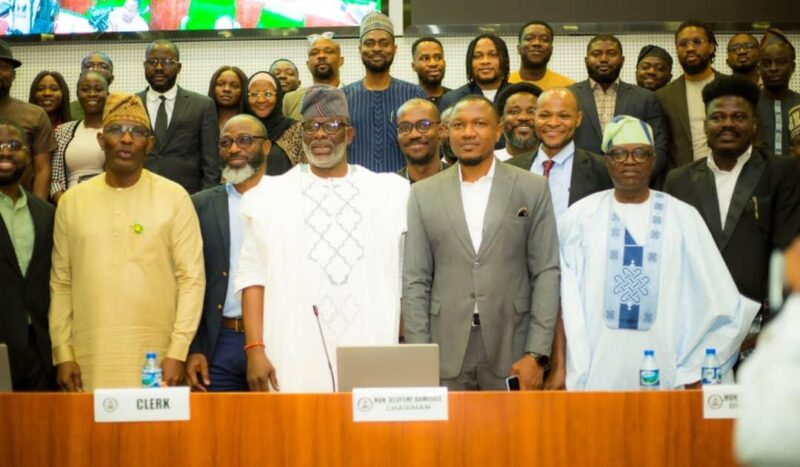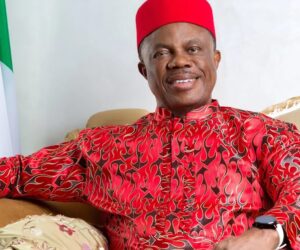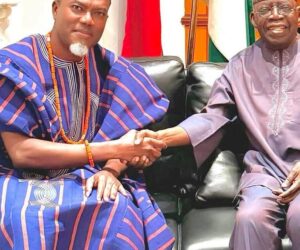The House of Representatives Ad Hoc Committee on the Economic, Regulatory, and Security Implications of Cryptocurrency Adoption and Point-of-Sale (PoS) Operations convened a comprehensive stakeholder session on Monday at the National Assembly Complex, bringing together licensed cryptocurrency exchanges, blockchain associations, fintech innovators, and regulatory bodies to shape the future of Nigeria’s digital finance landscape.
Chaired by Hon. Olufemi Bamisile, the meeting emphasized balancing innovation with robust safeguards.
In his opening address, Bamisile underscored the House’s dedication to establishing clear regulatory guidelines and legal certainty for the sector.
“Our objective is to foster a framework that promotes innovation while upholding security and financial integrity,” Bamisile stated.
“Nigeria must not fall behind in the digital economy, but our advancement requires transparency, coordination, and accountability.”
He called on security agencies, including the Nigerian Financial Intelligence Unit (NFIU) and the Economic and Financial Crimes Commission (EFCC), to enhance their technical capabilities in blockchain and cryptocurrency.
“Not every young Nigerian with a laptop and a crypto wallet is a fraudster,” he remarked, advocating for targeted training to differentiate legitimate innovation from criminal activity.
Committee members Hon. Kama Nkemkama and Hon. Akinosi reinforced this stance, committing to a legislative outcome that is equitable, inclusive, and aligned with international standards.
Key industry voices contributed to the dialogue. Mawahin Adams, co-founder of Nigeria Women Bitcoiners, advocated for gender-inclusive policies, proposing a national digital asset literacy program, incorporation of crypto education into the National Youth Service Corps (NYSC) and school curricula, and directing a portion of regulatory fees toward inclusion efforts.
Stakeholders cautioned against hasty cryptocurrency taxation, recommending the Nigerian Revenue Service (NRS) implement a phased, incentive-driven strategy to avoid pushing operators into the shadows, triggering capital outflows, or undermining Nigeria’s goal of becoming Africa’s cryptocurrency hub.
Participants pushed for indigenous regulatory technologies to enable transaction tracking and auditing.
Oye Benson, a sovereign blockchain architect, highlighted that homegrown tools would strengthen monetary sovereignty, build local expertise, generate employment, draw foreign investment, and support GDP growth through non-oil economic diversification.
Calls also emerged for unified oversight among agencies like the Central Bank of Nigeria (CBN), Securities and Exchange Commission (SEC), and National Information Technology Development Agency (NITDA), alongside investments in blockchain infrastructure and cross-agency cooperation to resolve current sectoral fragmentation.
The committee is poised to present its findings, paving the way for Nigeria’s inaugural comprehensive legal and regulatory framework for cryptocurrency and digital finance.
Click to signup for FREE news updates, latest information and hottest gists everyday
Advertise on NigerianEye.com to reach thousands of our daily users









